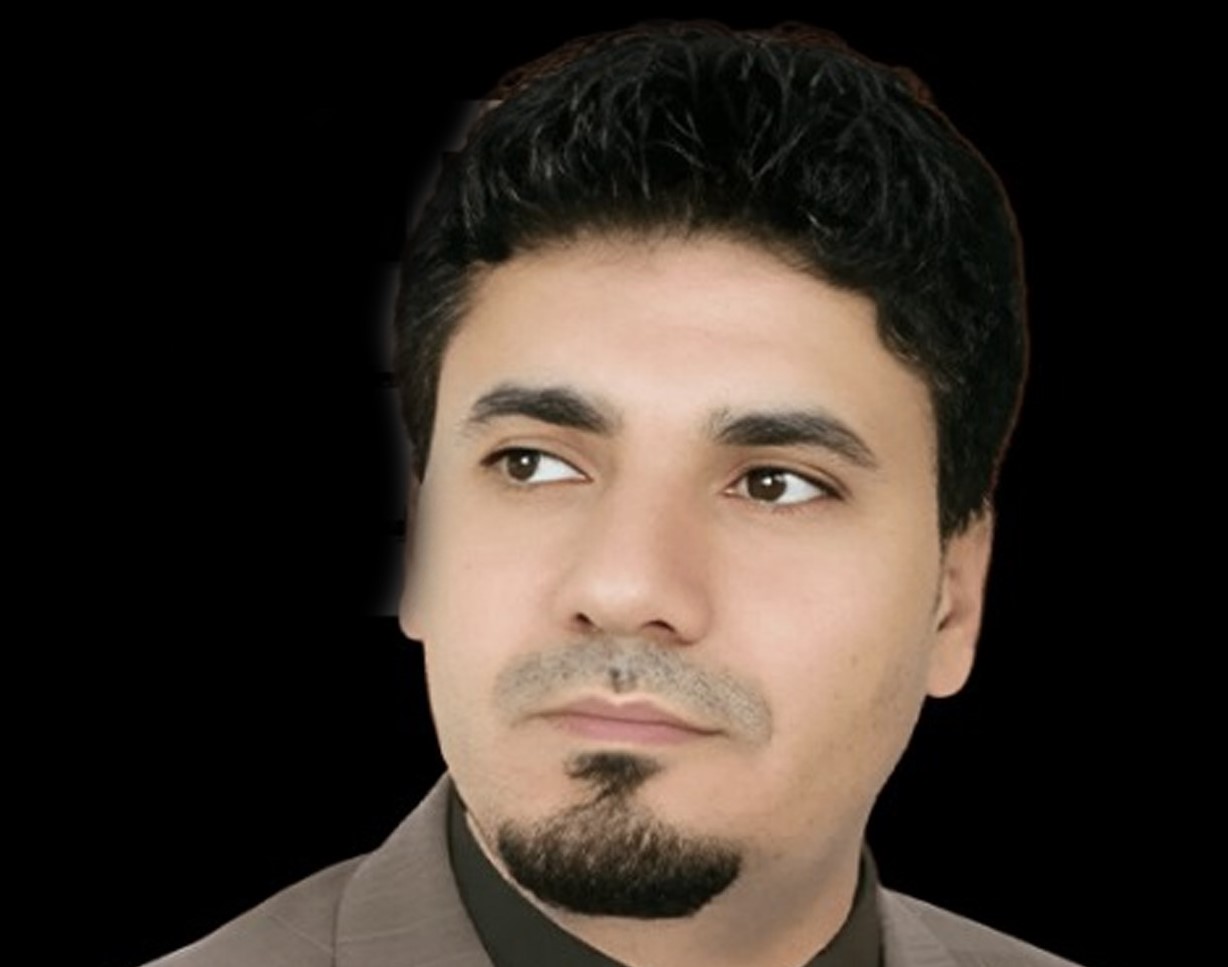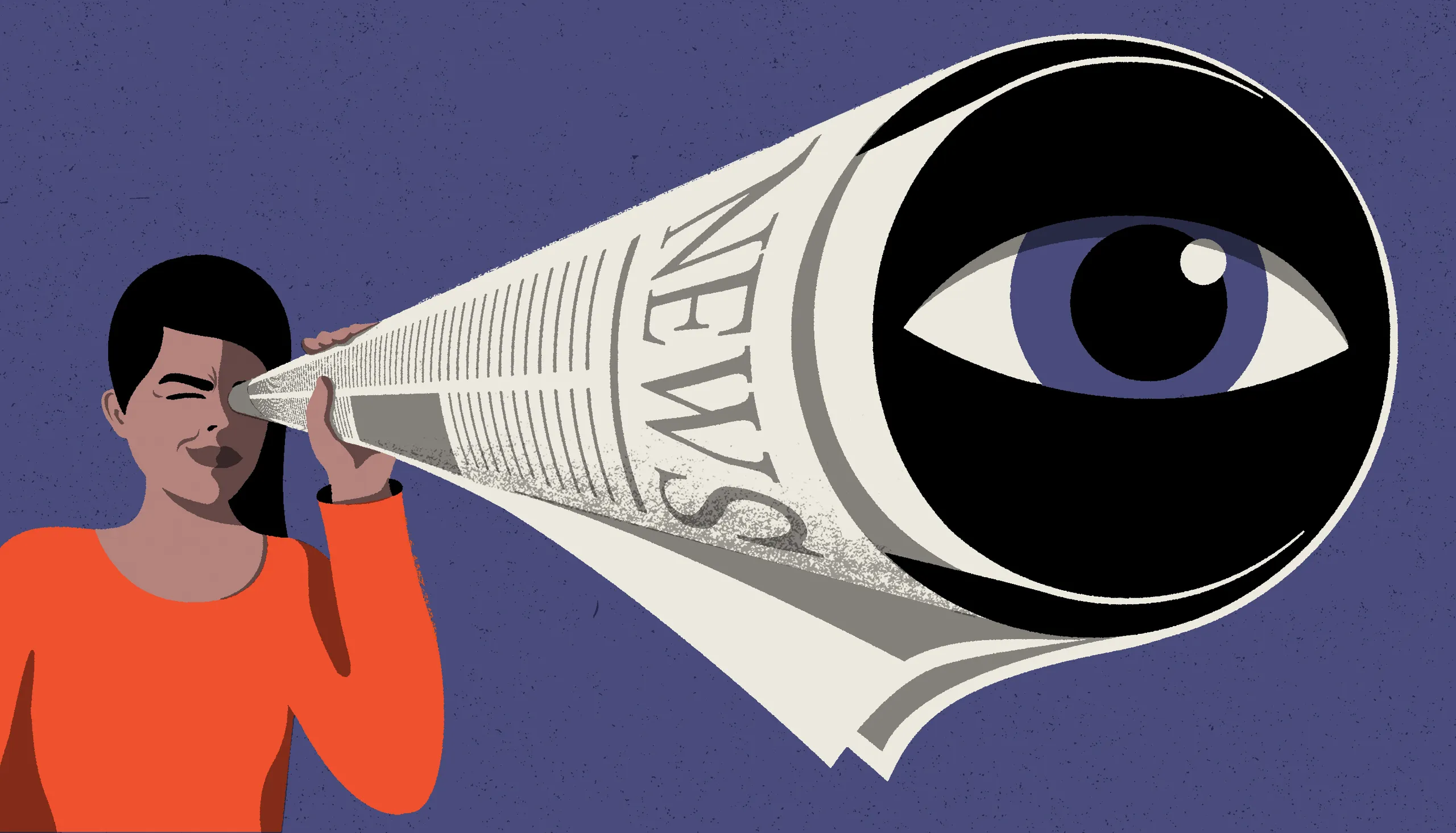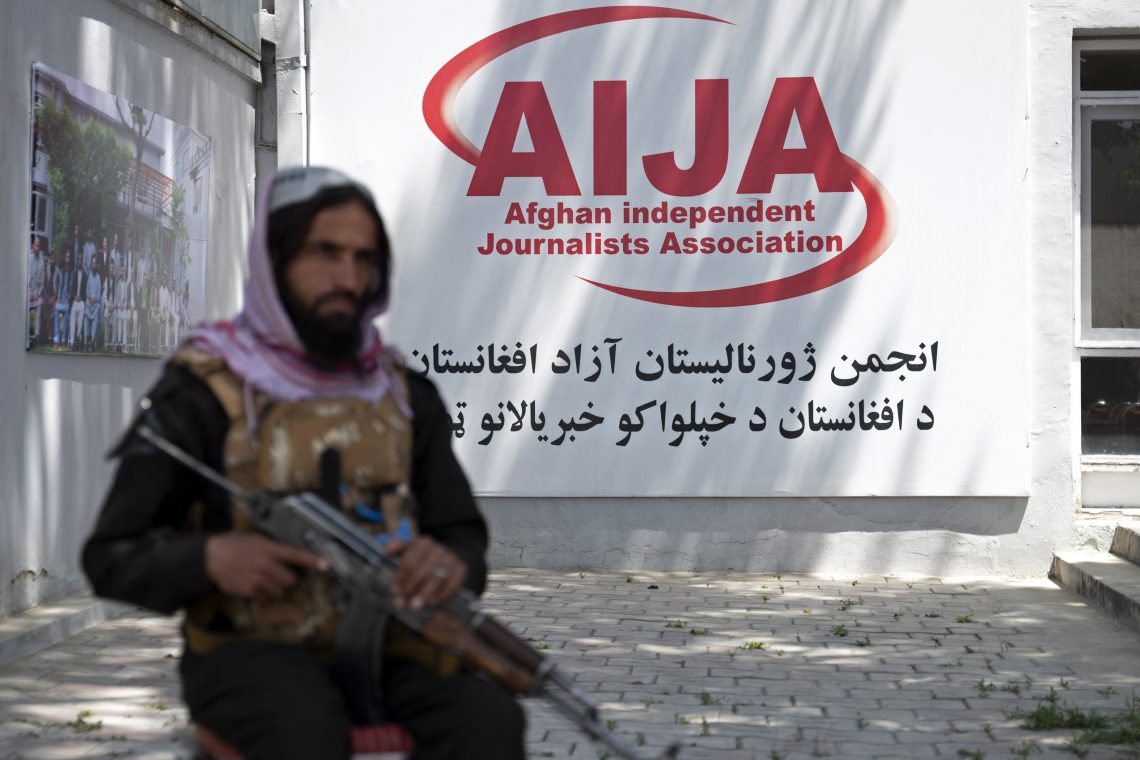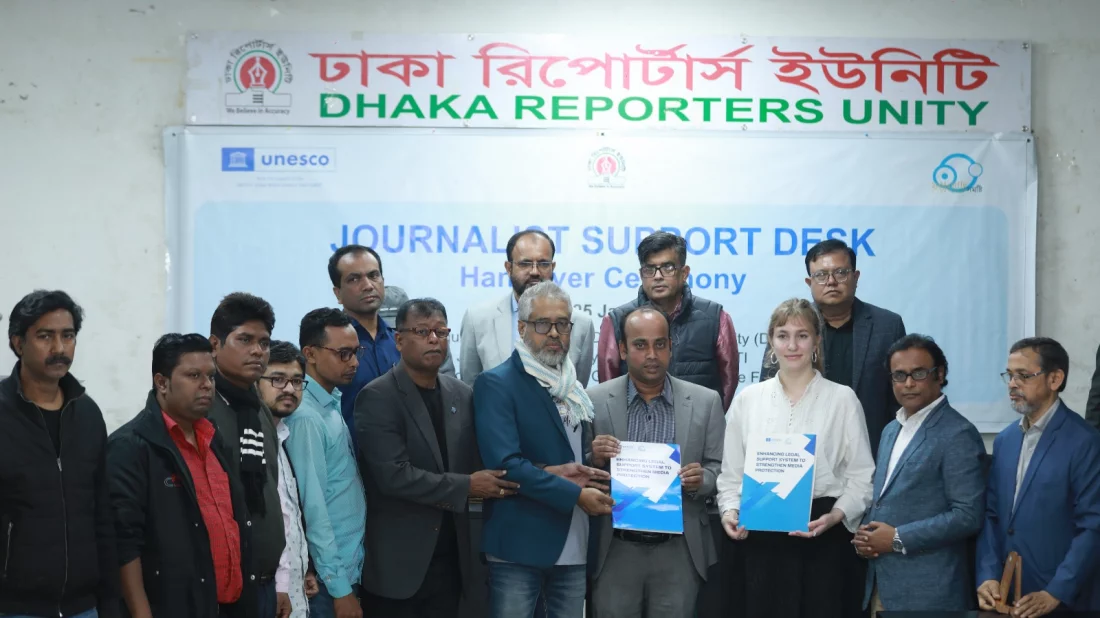
Yemeni Journalist Mohammed Al-Maqri Executed by Al-Qaeda After Nine Years of Captivity
January 5, 2025
Harassment of Journalists in the Netherlands Surged Sharply in 2024
January 6, 2025January 5, 2025 – Bangladesh –
Bangladesh’s newly formed Media Reform Commission has issued a bold set of recommendations aimed at eliminating political bias in journalism and restoring public trust in the country’s media. The commission, established under Interim Prime Minister Muhammad Yunus in November 2024 and chaired by veteran journalist Kamal Ahmed, completed its 100-day review and published its findings in early 2025.
One of the key issues highlighted was widespread political partisanship in media coverage, with nearly 80% of surveyed citizens expressing concerns about biased reporting. Many media outlets are known to align closely with either the ruling or opposition parties, undermining credibility and public trust. The commission called for a renewed commitment to journalistic neutrality, urging reporters and editors to adhere strictly to ethical standards and factual accuracy.
A central recommendation is the formation of an independent media regulatory authority to oversee licensing, enforce journalistic standards, and monitor ownership transparency. This would replace the current system, which has been criticized for favoring politically connected media owners. The commission also proposed the creation of a public registry disclosing media ownership structures and funding sources, to prevent hidden political influence.
Legal reforms were also emphasized. The commission recommended amending the Cybersecurity Act and other outdated media laws that have been used to censor journalists and suppress dissent. Additionally, it advocated for better working conditions for media workers, including fair wages, proper contracts, and job security.
In response to rising misinformation and fake news, the commission suggested launching media literacy programs, supporting independent fact-checking organizations, and equipping the public with tools to identify credible news.
Bangladesh currently ranks 151st on the 2024 World Press Freedom Index, reflecting years of censorship and intimidation. The departure of former Prime Minister Sheikh Hasina in August 2024 has created a unique opportunity for reform.
If implemented, these recommendations could transform Bangladesh’s media environment by fostering transparency, reducing political interference, and strengthening press freedom. However, their success will depend on political will, robust legal implementation, and sustained engagement with civil society and media professionals.
Reference –




